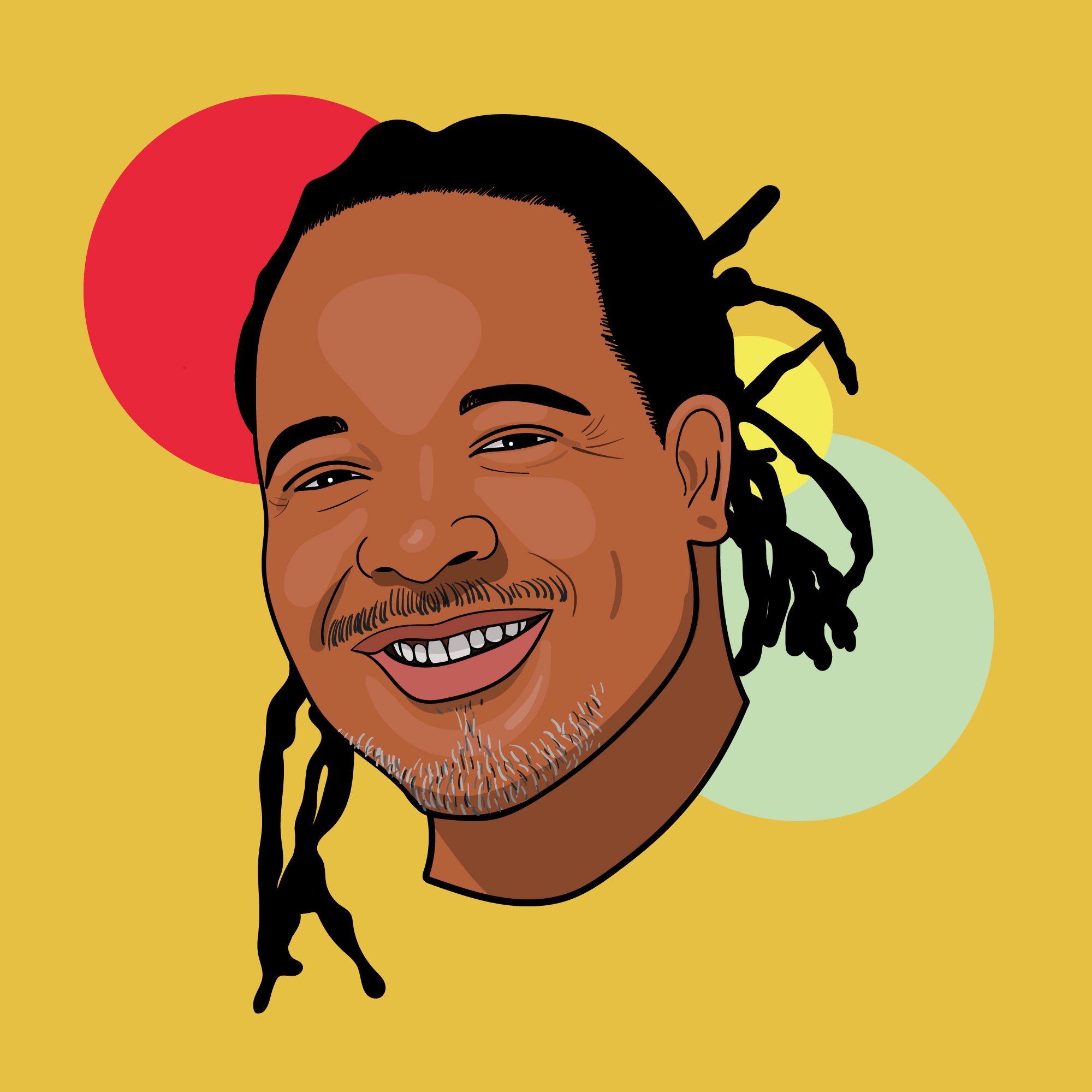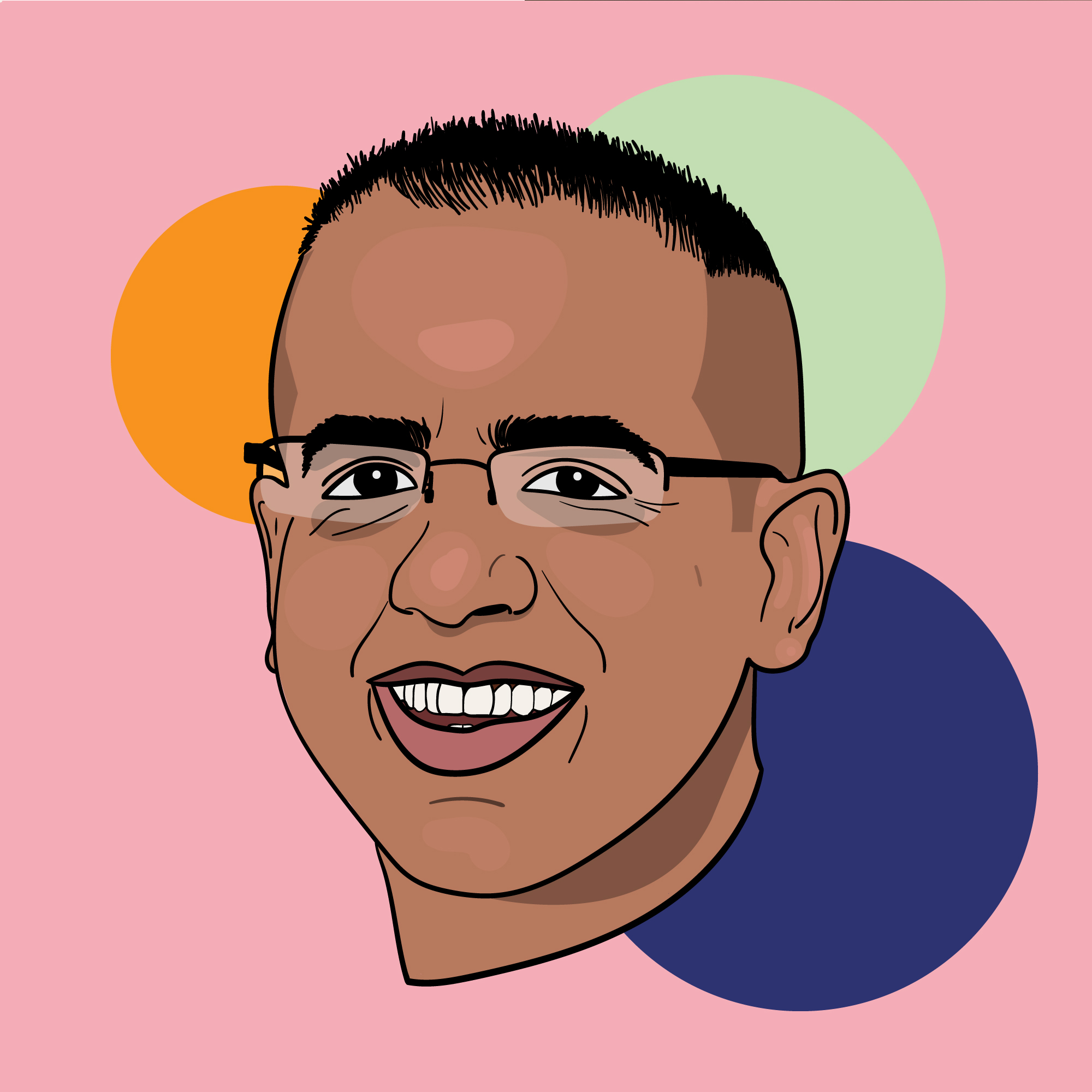Nedgine Paul Deroly

Education was enshrined as a right in Haiti’s 1805 constitution. Yet while more than a third of the island’s citizens today are under 18 years old, too many are denied their human right to a quality education. Schools are a glaring vestige of Haiti’s colonial past, particularly in rural areas. Low investment has led to inequitable education outcomes, perpetuating the status quo and leaving generations unprepared to engage as citizens. The lack of investment and absence of culturally relevant, data-driven models to recruit and equip teachers are key reasons for today’s challenges. As a result, only 20% of primary school teachers are formally trained, fewer than 30% of their students finish primary school, and only 1% reach university.
Anseye Pou Ayiti (Opens in a new tab) (“Teach for Haiti” in Haitian Creole) equips teachers in rural primary schools to transform classrooms and communities, building a Haitian-led movement of civic leaders to spread educational equity. APA (Opens in a new tab) recruits an all-Haitian mix of existing teachers and new graduates as fellows (more than 75% originally from communities in which they ultimately teach); offers a summer immersion followed by two years of pedagogical and leadership training; and facilitates an alumni network to promote community-led reforms. Since 2015, 110 Haitian teacher-leaders have taught more than 5,000 students in 50 partner schools—tripling outcomes, including an 84% pass rate last year; encouraging collaborative community development projects; and equipping students, parents, and neighbors as civic leaders. Over 80% of alumni remain in school communities, including in school leadership and coaching roles. The classroom is the unit of execution, and the community is the unit of change. APA (Opens in a new tab) is rooted in appreciating the assets of culture, customs, and community, and redefining leadership as being rooted in collective action.
Maurice Sixto, Haitian storyteller & sociologist
At the second Obama Foundation Summit in Chicago on November 18-19, Nedgine hosted the closing session, exploring the power of place and how our roots matter and shared how her identity as a proud daughter of Haiti shapes her work.


















